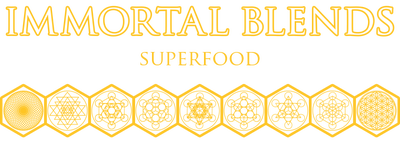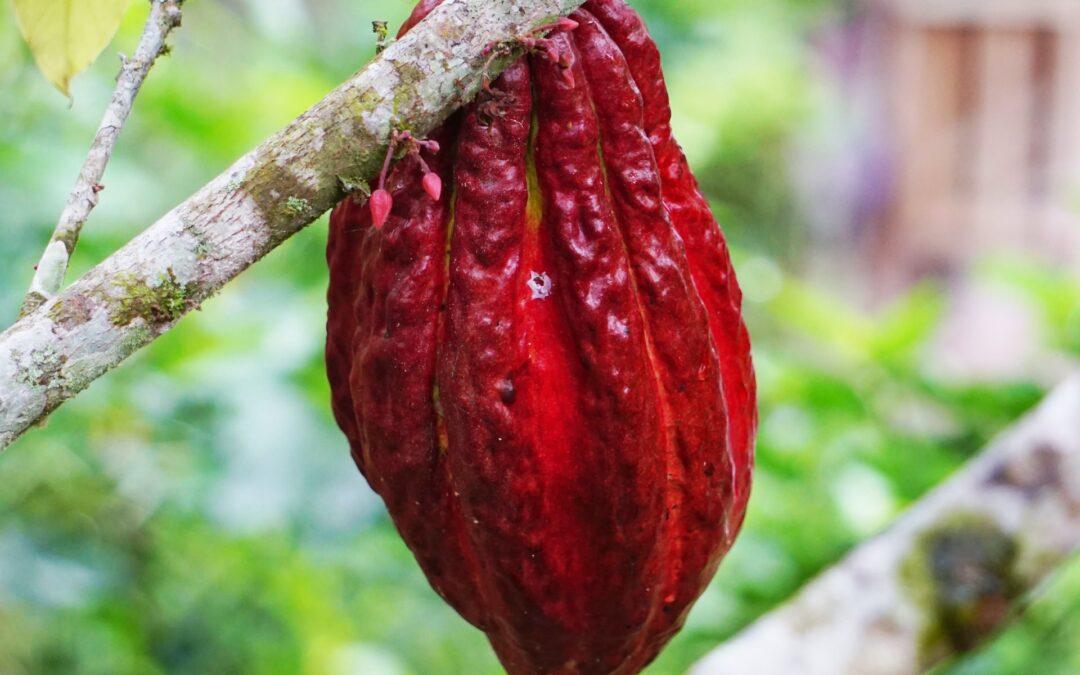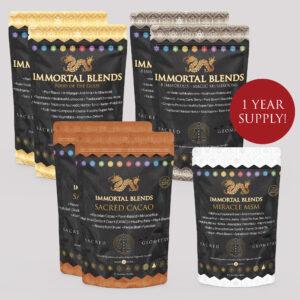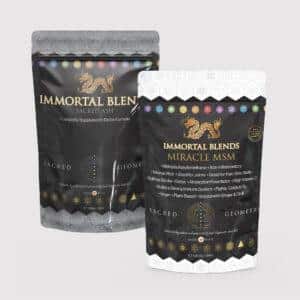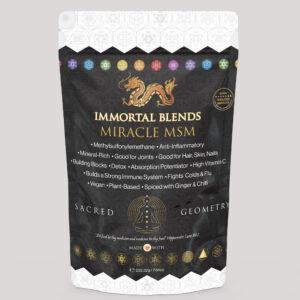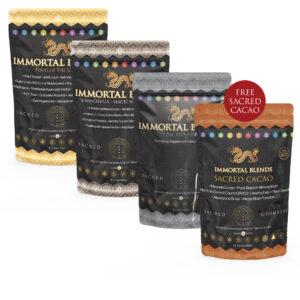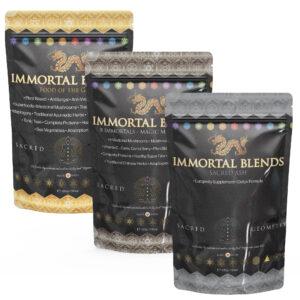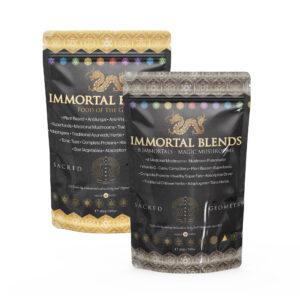
Cacao is a plant native to South America that produces seeds that can be used to make cocoa powder, chocolate, and other related products. For centuries, cacao has been valued for its health benefits and its use in cultural ceremonies. Today, scientific research has confirmed many of these benefits, making cacao a popular ingredient in health foods and supplements.
One of the most well-known benefits of cacao is its high content of antioxidants. Antioxidants are substances that can prevent or slow damage to cells caused by free radicals, which are unstable molecules that can contribute to chronic diseases like cancer, heart disease, and Alzheimer’s. Cacao contains flavonoids, a type of antioxidant that has been linked to improved heart health, reduced inflammation, and improved cognitive function.
In fact, a study published in the Journal of Nutrition found that consuming flavonoid-rich cocoa for just five days improved blood flow to the brain and increased cognitive performance in healthy young adults. Other studies have linked cocoa consumption to a reduced risk of heart disease, lower blood pressure, and improved cholesterol levels.
Cacao also contains several minerals that are important for overall health, including magnesium, iron, and zinc. Magnesium is essential for many bodily functions, including muscle and nerve function, heart health, and bone density. Iron is needed to transport oxygen throughout the body, and zinc is important for immune function, wound healing, and growth and development.
In addition to its physical health benefits, cacao has also been shown to have positive effects on mood and emotional well-being. This is due in part to its content of several compounds that can boost neurotransmitter levels in the brain, including serotonin and dopamine. These neurotransmitters are associated with feelings of happiness and pleasure, and may help improve mood and reduce symptoms of depression and anxiety.
Cacao is also a natural source of caffeine, a stimulant that can help improve alertness and focus. However, unlike many other sources of caffeine, cacao also contains theobromine, a compound that has a more gradual and sustained effect on energy levels. This means that cacao may provide a more balanced and sustainable energy boost than other caffeinated drinks like coffee or energy drinks.
Finally, cacao can be a versatile and delicious ingredient that can be used in a variety of recipes. Raw cacao powder can be added to smoothies, oatmeal, or baked goods for a rich chocolate flavour. Dark chocolate made with high-quality cacao can be enjoyed as a healthy snack or dessert. And cacao nibs, which are small pieces of roasted cacao beans, can be sprinkled on top of yogurt, fruit, or salads for a crunchy texture and a boost of antioxidants and minerals.
In conclusion, cacao is a superfood with many health benefits that has been used for centuries for its medicinal and cultural significance. Consuming cacao can improve heart health, cognitive function, mood, and energy levels. Its high content of antioxidants and minerals, along with its versatile and delicious taste, make it a valuable addition to any diet.
